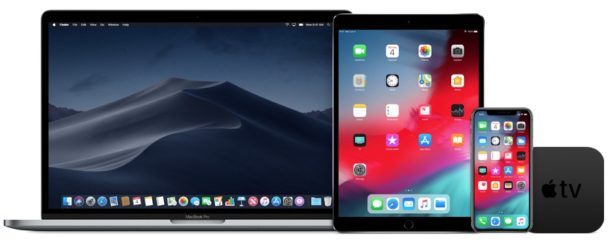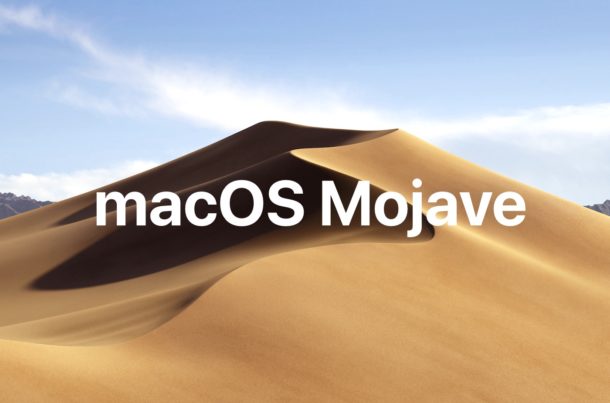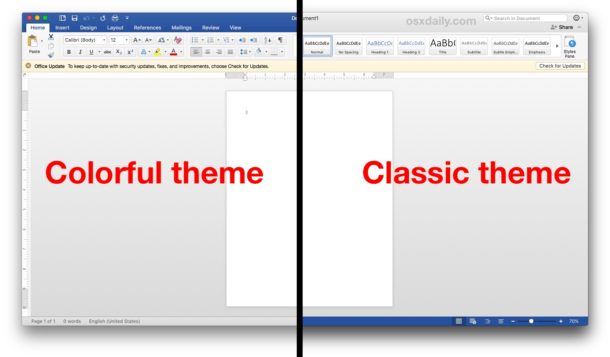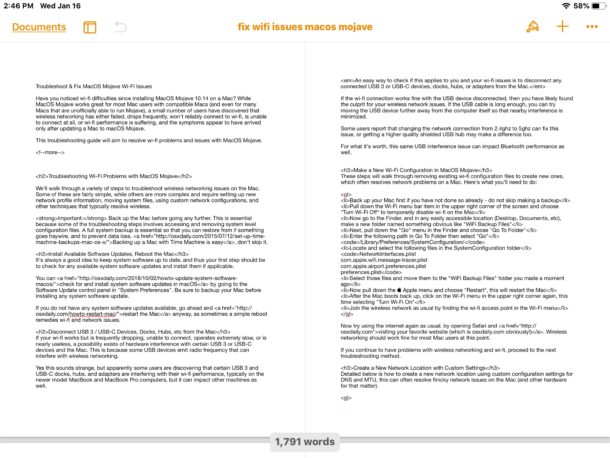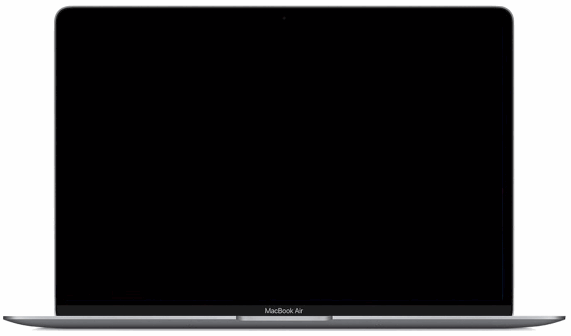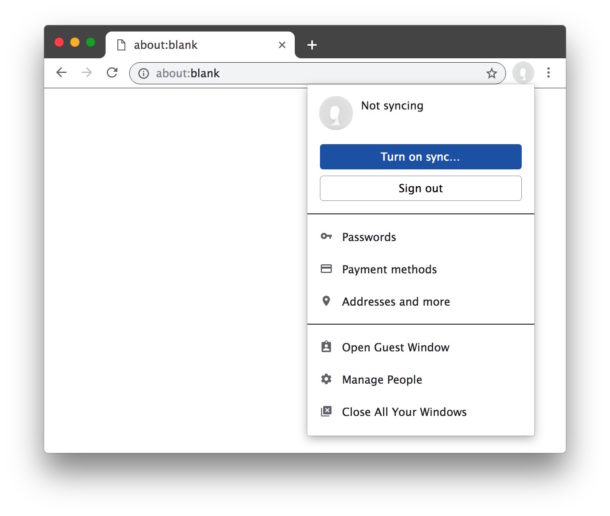iOS 12.1.3 No Service or Cellular Data Problems on iPhone? Try These Fixes
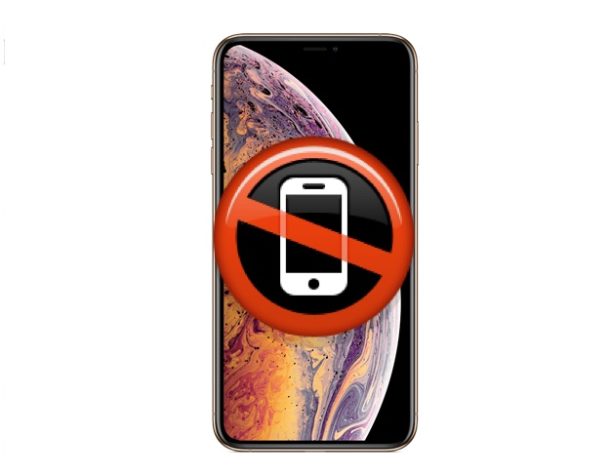
Some iPhone users have discovered cellular data issues after installing the iOS 12.1.3 update, showing “No service”, no cellular data, no cellular reception bars, and sometimes seeing a “Cellular Update Failed” message similar to what was happening with some iPhones after installing iOS 12.1.2. This seems to mostly impact iPhones on particular cellular networks, but it’s not entirely clear why some iPhone devices will experience cellular data problems after installing the iOS 12.1.3 update while others don’t.
Often some of the routine fixes for cellular data not working on iPhone will resolve this problem, including making sure that cellular data is actually enabled and resetting network settings.

